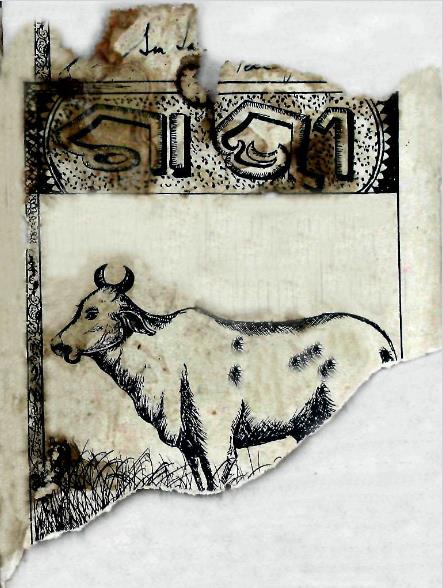The literary landscape of Odisha is replete with works that have significantly contributed to the understanding of its culture and heritage. Among these, Bira Kishor Das’s essay Gabhi, published in 1949, stands out as a profound exploration of the Odia identity, aesthetics, and social dynamics. In this insightful work, Das employs his keen intellect and poetic sensibility to analyze various facets of life and culture, weaving together themes that resonate with historical significance and contemporary relevance.
The term Gabhi can be understood as a metaphor for depth and introspection, aptly reflecting the essence of Das’s essays. Through thoughtful reflections, he delves into the intricacies of Odia culture, capturing its rich traditions and the philosophical underpinnings that define its essence. The work invites readers to engage with their cultural identity, urging them to reflect on their roots and the historical context that has shaped Odisha.
One of the most compelling aspects of Gabhi is Das’s exploration of language and literature as vehicles of cultural expression. He eloquently discusses how the Odia language serves not only as a medium of communication but also as a repository of history and tradition. His examination of literary forms and styles reveals a deep appreciation for the nuances of Odia poetry and prose, illustrating how these literary expressions encapsulate the collective spirit of the people. This focus on language underscores the importance of preserving and celebrating regional dialects, especially in an era where globalization poses challenges to linguistic diversity.
Das’s essays are marked by a distinctive blend of personal reflections and broader societal critiques. He articulates the importance of introspection and critical thinking, urging readers to confront the complexities of modern life while remaining rooted in their cultural heritage. His insightful observations encourage a dialogue between tradition and modernity, emphasizing that a proper understanding of one’s roots can empower individuals to navigate contemporary challenges with confidence and authenticity.
Another significant theme in Gabhi is the portrayal of nature as an integral part of Odia identity. Das draws inspiration from the landscapes of Odisha, weaving vivid imagery of the natural world into his narratives. Through his eloquent descriptions, he evokes a sense of belonging to the land, reinforcing the idea that nature and culture are inextricably linked. This connection fosters a sense of responsibility towards ecological preservation, urging readers to respect and protect their natural heritage.
Moreover, Das’s work is a reflection on the social dynamics of Odisha. He does not shy away from addressing social issues, including the disparities and challenges faced by various communities. His critical lens provides valuable insights into the socio-political landscape of the time, encouraging readers to contemplate the implications of societal change on cultural identity. This engagement with current issues remains relevant, as it sparks discussions on progress, equity, and the preservation of cultural integrity in an ever-changing world.
Books Info
| Books name | Gabhi / ଗାଭୀ |
| Author | Bira Kishor Das |
| No Of pages | 98 |
| Publisher | Rekha Publishing House |
| Publication | 1949 |
| Printed At | The Satyabadi Press |
| Distributor | NA |

